Farm & Ranch
Stephen J. “Tio” Kleberg to Receive National Golden Spur Award on Oct. 5
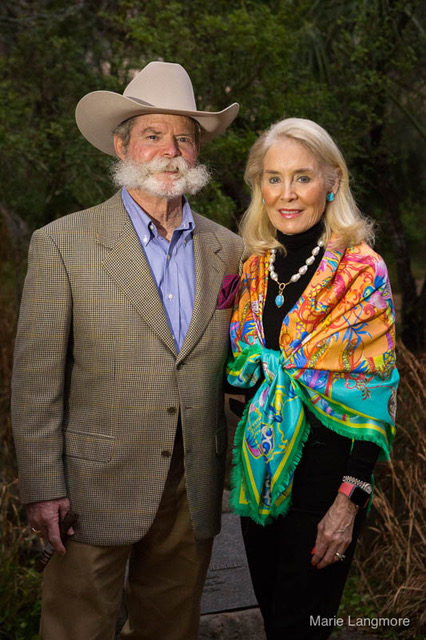
Stephen J. “Tio” Kleberg of Kingsville, Texas, has been selected as the 2024 National Golden Spur recipient for his contributions to the ranching and livestock industries. Kleberg will receive the National Golden Spur Award at the Lubbock Memorial Civic Center in Lubbock, Texas, during the annual National Golden Spur Award Honors on Saturday, October 5.
“The National Golden Spur Award is the most prestigious national honor given by the ranching and livestock industries to one person,” explained Jim Bret Campbell, executive director of the Ranching Heritage Association and National Ranching Heritage Center. “As the 46th recipient, Tio Kleberg continues the tradition of excellence that characterizes National Golden Spur Award honorees.”
Presentation of the National Golden Spur Award is a joint annual recognition given by six of the leading state and national ranching and livestock organizations: the American Quarter Horse Association, National Cattlemen’s Foundation, Ranching Heritage Association, Texas Cattle Feeders Association, Texas Farm Bureau, and Texas and Southwestern Cattle Raisers Association.
Kleberg served as the vice president of agricultural operations for the legendary King Ranch from 1971-1998. He then served on the board of directors of King Ranch, Inc. from 1998 until 2021. During his more than 50 years of service to King Ranch, Kleberg revitalized the American Quarter Horse breeding program, contributed to the development of the Santa Cruz breed of cattle and implemented sweeping wildlife conservation efforts.
“As the manager of the livestock operations at the family’s King Ranch Properties in South Texas, Tio made a tremendous contribution to the Quarter Horse breed by introducing the services of Buster Welch and the stallions Mr. San Peppy and Peppy San Badger to the extremely talented band of King Ranch mares,” said Red Steagall, the 2018 recipient of the National Golden Spur Award. “The King Ranch horses took control of the equine industry for several years. Those bloodlines continue to influence the Quarter Horse breed today.”
In addition to his contributions to the success of King Ranch, Kleberg tirelessly served the ranching and livestock industries. A longtime director of the American Quarter Horse Association, Kleberg served as one of the youngest AQHA presidents in 1985. He was inducted into the AQHA Hall of Fame in 1997. Kleberg was also a director for the National Cutting Horse Association and the Texas & Southwestern Cattle Raisers Association.
Kleberg’s commitment to wildlife conservation is legendary, having served on the boards of the Caesar Kleberg Wildlife Research Institute and the East Foundation. Kleberg has been recognized by his peers with multiple awards, including being recognized with the Texas Tech University distinguished alumni award, and by both the Texas House and Senate with resolutions recognizing his contributions to Texas agriculture. Kleberg received an honorary doctorate from Texas A&M University-Kingsville. He was honored with the Phi Delta Theta fraternity Legion of Honor award in 2015.
“Tio was a cowboy first and then became a cowman, a horseman and, ultimately, the leader of the agribusiness operations for King Ranch, where he became the face of King Ranch throughout his tenure,” said Jay Evans, who worked for Kleberg at King Ranch and now manages Bridwell Ranches. “I can best describe his character and values by pulling from the cowboy/western culture code, which is summarized as strong faith, honesty, fairness, loyalty, hospitality, a deep respect for the land and its animals and a rock-solid work ethic and being a man of his word.”
“Tio, by his own words, always wanted to be a cowboy,” said Steve Stevens of Houston, Texas. “He represents the fifth generation to have lived and worked on King Ranch. Following graduation from Texas Tech University and service as a first lieutenant in the U.S. Army, Tio was heavily involved in the management of all operations of King Ranch, including serving as a member of the board of directors. He has been successful in achieving his goal of working on the ranch to service in the board room.”
Sponsorship packages for the National Golden Spur Award Honors, including table sponsorships, are currently available. Individual tickets for the National Golden Spur Award Honors will go on sale to the public August 8. For event details, visit goldenspurhonors.com.
Farm & Ranch
Managing Show Cattle Through The Winter

By Heather Welper
Husband and wife duo, Heather and Calvin Welper, are the Co-Owners and Operators or Two C Livestock, located in Valley View, Texas.
The pair’s operation has a show cattle focus where they raise and sell purebred heifers of all breeds and club calf Hereford steers.
When it comes to show cattle, the Welpers know a thing or two including how to prepare for the cold winter months and the Texas major show season run.
To read more, pick up a copy of the November edition of North Texas Farm & Ranch magazine, available digitally and in print. To subscribe by mail, call 940-872-5922.
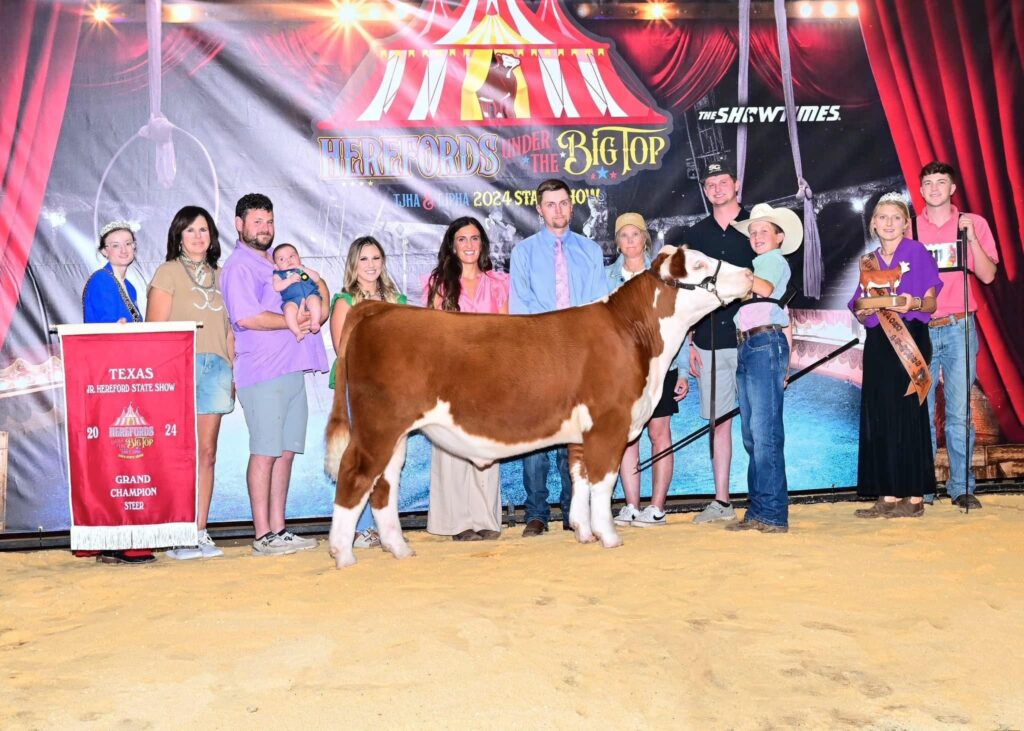
Farm & Ranch
Double M Ranch & Rescue

By Hannah Claxton, Editor
As the sun rises each day, so do the dozens of mouths that Meghan McGovern is responsible for getting fed. Rather than the sounds of a rooster crowing, McGovern hears the bellows and bleats of a variety of exotic deer, the chortle of kangaroos, the grunts of water buffaloes, and the chirps of a lemur.
Nestled against the banks of the Red River, the Double M Ranch and Rescue, with its high game fences and deer sprinkling the landscape,s its in stark contrast to the surrounding ranches.
“Having deer is kind of like eating potato chips- you can never actually have just one,” said McGovern with a laugh.
McGovern has several herds to take care of- fallow deer, axis deer, water buffalo, goats, and bison. In smaller numbers, there’s also a few kangaroos, a lemur, a potbelly pig, a pair of zebras, a watusi, and a few horses.
To read more, pick up a copy of the November edition of North Texas Farm & Ranch magazine, available digitally and in print. To subscribe by mail, call 940-872-5922.
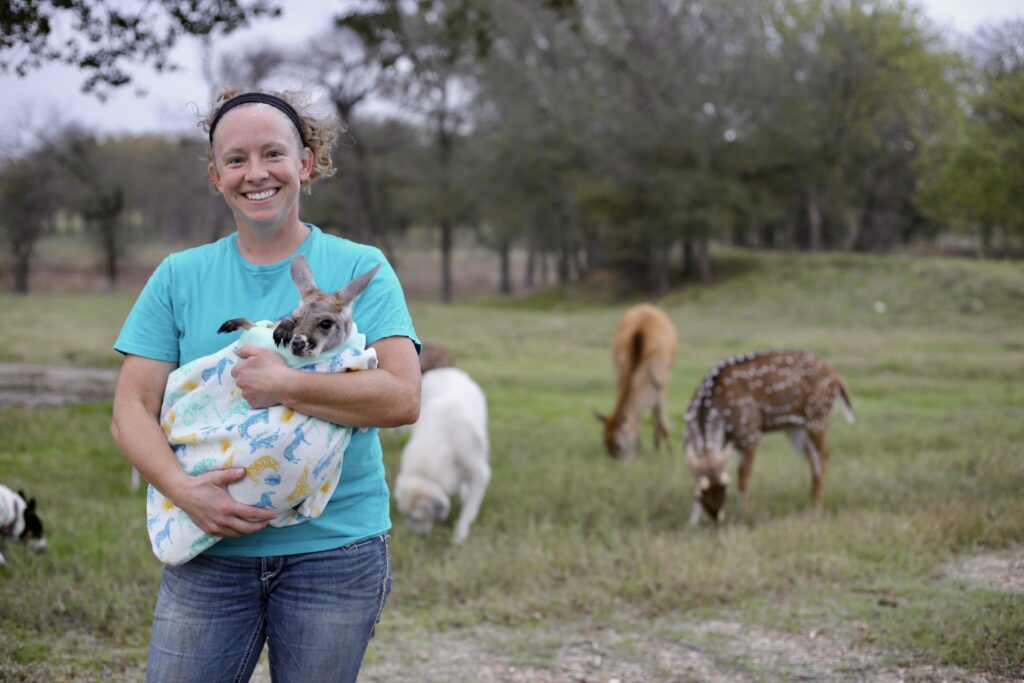
Farm & Ranch
Acorn Toxicity
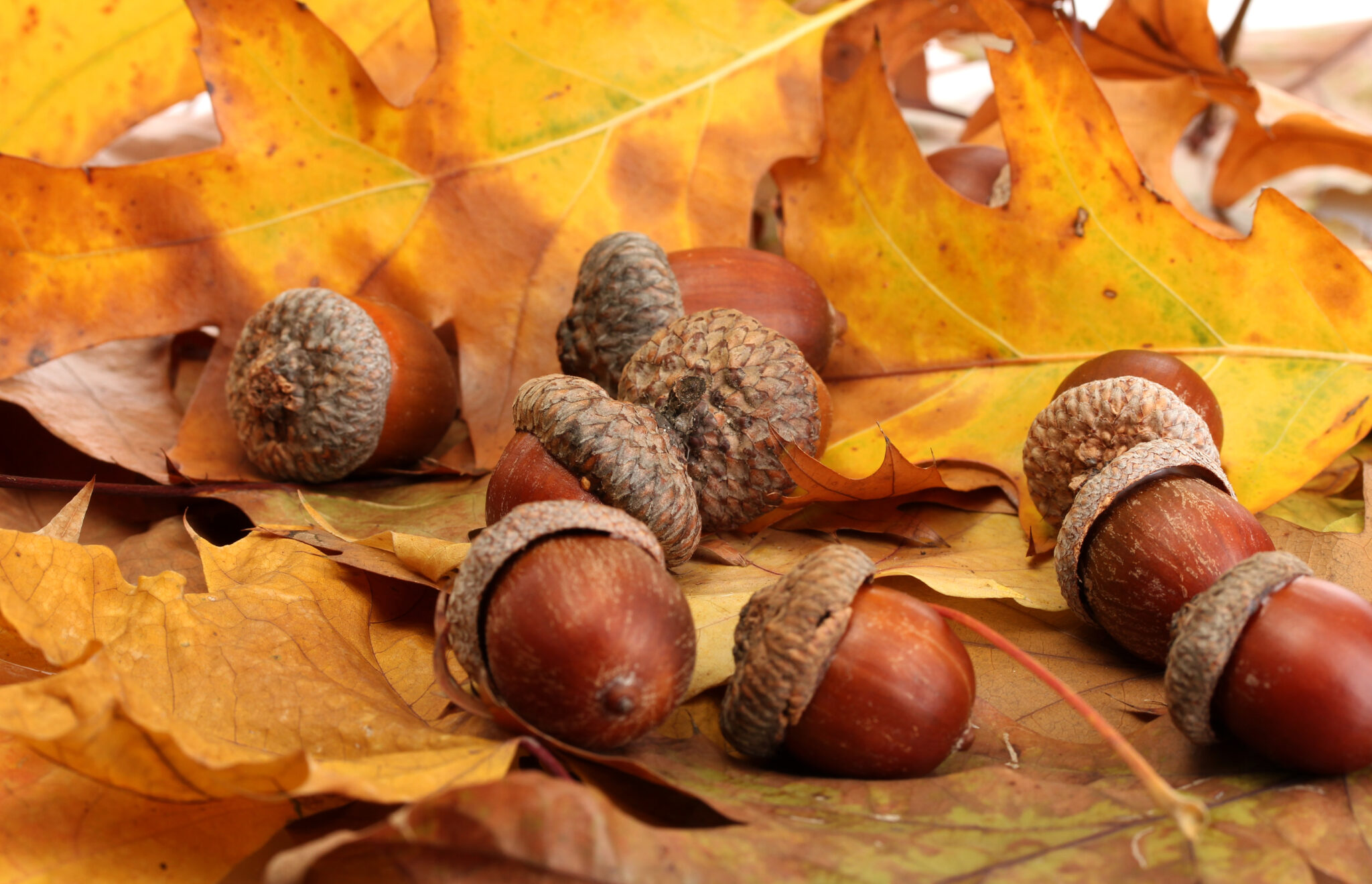
By Barry Whitworth, DVM, MPH
With the prolonged drought, most pastures in Oklahoma end up in poor condition. With the lack of available forage, animals may go in search of alternative foods.
If oak trees are in the pastures, acorns may be a favorite meal for some livestock in the fall. This may result in oak poisoning.
Oak leaves, twigs, buds, and acorns may be toxic to some animals when consumed.
To read more, pick up a copy of the November edition of North Texas Farm & Ranch magazine, available digitally and in print. To subscribe by mail, call 940-872-5922.
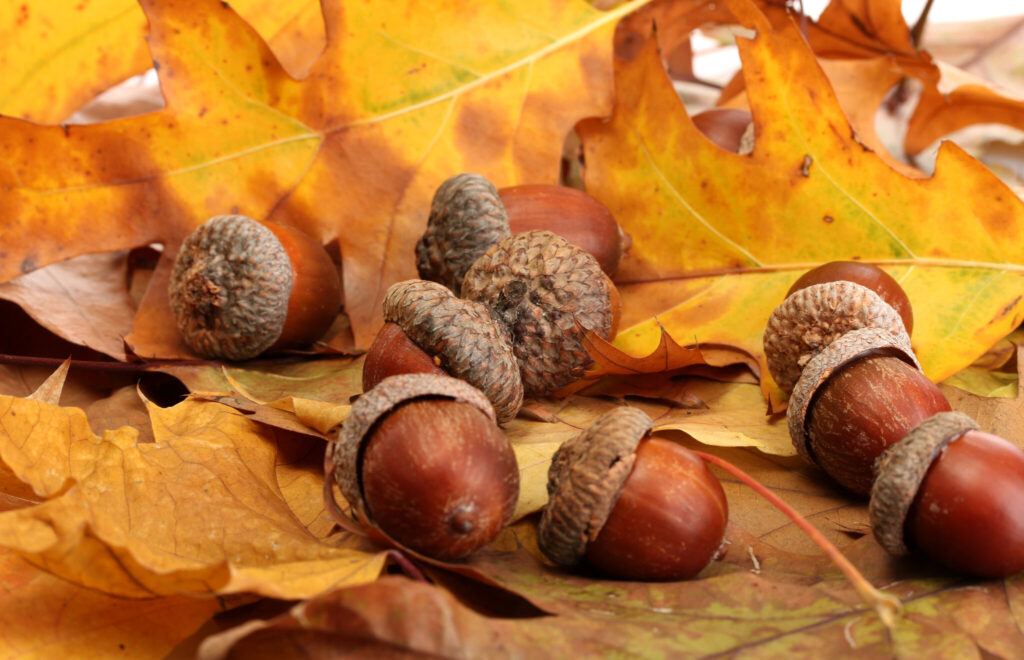
-

 Country Lifestyles2 years ago
Country Lifestyles2 years agoScott & Stacey Schumacher: A Growth Mindset
-

 Country Lifestyles8 years ago
Country Lifestyles8 years agoStyle Your Profile – What your style cowboy hat says about you and new trends in 2017
-

 HOME8 years ago
HOME8 years agoGrazing North Texas – Wilman Lovegrass
-

 Outdoor10 years ago
Outdoor10 years agoButtercup or Primrose?
-

 Country Lifestyles5 years ago
Country Lifestyles5 years agoAmber Crawford, Breakaway Roper
-

 Country Lifestyles9 years ago
Country Lifestyles9 years agoJune 2016 Profile – The man behind the mic: Bob Tallman
-

 Equine1 year ago
Equine1 year agoThe Will to Win
-

 Country Lifestyles8 years ago
Country Lifestyles8 years agoDecember 2016 Profile, Rusty Riddle – The Riddle Way




